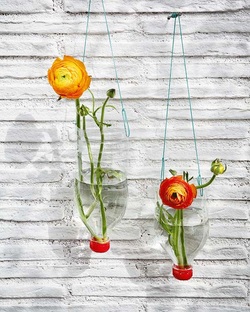
If there is one thing that I don't see myself doing in my spare time, then that would be --- gardening.
I would rather sit and smell the flowers, admire its beauty, but I don't have the patience and passion to cultivate plants.
I would rather sit and smell the flowers, admire its beauty, but I don't have the patience and passion to cultivate plants.
My mother disclosed to me lately that gardening has helped her during her menopausal stage. And it's a fact. A commune with nature, much more, planting and cultivating the plants to live, can truly balance one's homeostasis.
In a more scientific term, horticultural therapy is an emerging field of clinical practice based on proven benefits to the physical, mental and emotional wellbeing that accrues from gardening as a healing or therapeutic process.
The psychological impact of gardening is that it is considered a serene occupation, an oasis of calm, a grounding experience. The combination of the fresh air and the physicality of the tasks helps oxygenate the bloodstream and energize the physical body while simultaneously releasing endorphins involved with stress alleviation. Numerous scientific studies validate the calming effect of the garden by showing findings that reveal simply being in a garden lowers blood pressure.
The psychological impact of gardening is that it is considered a serene occupation, an oasis of calm, a grounding experience. The combination of the fresh air and the physicality of the tasks helps oxygenate the bloodstream and energize the physical body while simultaneously releasing endorphins involved with stress alleviation. Numerous scientific studies validate the calming effect of the garden by showing findings that reveal simply being in a garden lowers blood pressure.
The physical impact is such that gardening not only provides fitness via calorie burning and muscle toning activities but offers opportunities to improving strength, endurance and flexibility in legs, arms and hands. It has been show to help with hand to eye coordination and improved motor skills, not to mention that the process of gardening stimulates appetite and fosters a good night's sleep. The later two being the key benefits to rehabilitation of the infirm, those in recovery or those coming to terms with trauma or cognitive difficulties.
Gardens stimulate, they engage all of our senses not just the sights, sounds and smells around us, but touch too; the textures of soil tell a story, and feeling; the emotional satisfaction of a harvest or a successful cutting as well as the deeper side in a sense of belonging or a realization of a spiritual connection or spiritual/emotional peace.
Gardening can offer strides in the development of social and intellectual skills, especially those required for social inclusion or rehabilitation. Gardening involves personal initiative, personal effectiveness, a nurturing responsibility to living things. It can involve team work and encourage dialogue. It reveals our capacity to become involved and offers opportunities for accomplishment. Gardening is also a form of self-expression; creativity builds confidence while enabling a healthy outlet for emotions.
Gardening makes one philosophical in outlook; we come to accept that not every seed germinates, not every slug falls into the trap, perfection is a myth, but we as a whole are flexible and undaunted and we happily adapt to circumstances beyond our control – the non germinated seed did not dislike me so much that it chose not to enter the world. It simply was not viable and a lot of things in life are not viable but wow look at how tall the ones that did germinate are now.
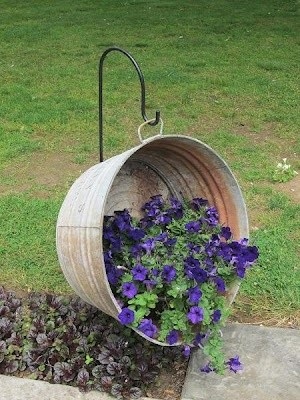

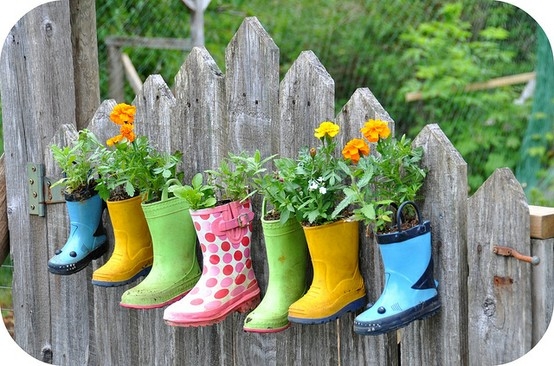
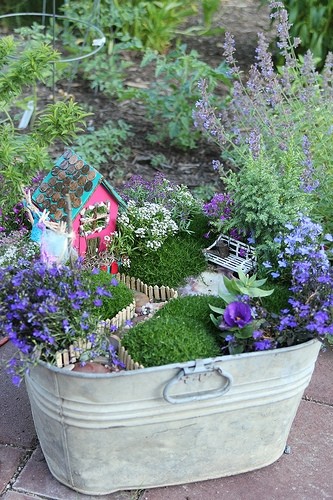
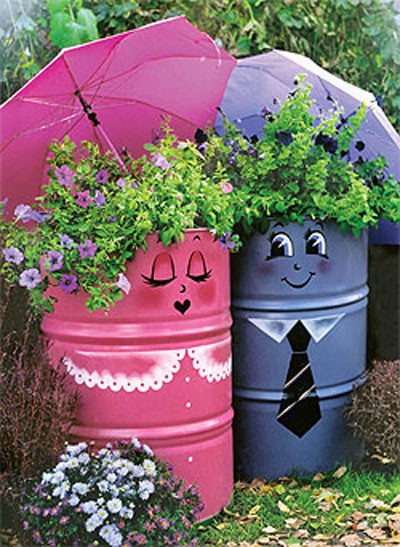
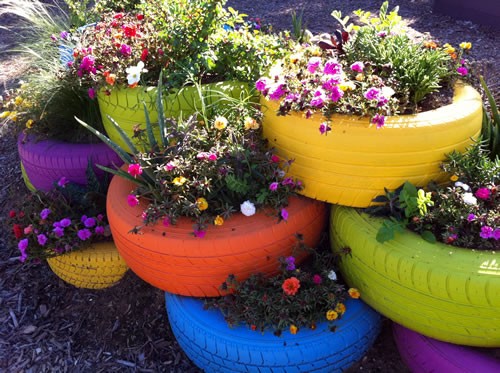
 RSS Feed
RSS Feed